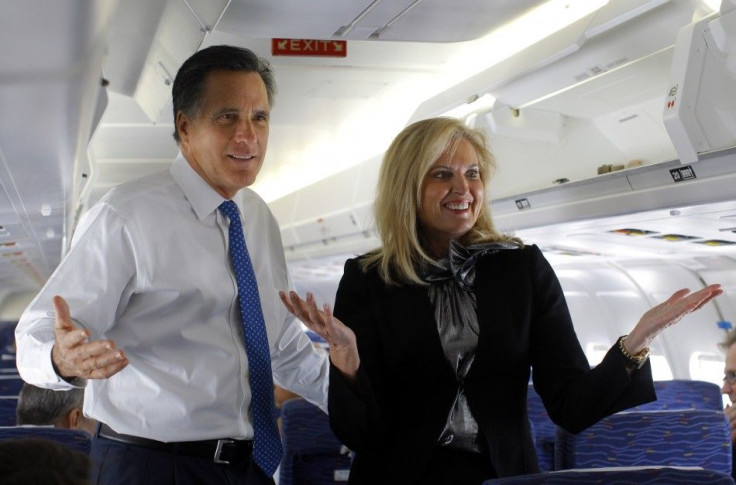Super Tuesday Results Live Coverage

Mitt Romney is hoping to cement his status as the Republican party's eventual nominee; Rick Santorum believes voters will fortify his conservative bona fides; Newt Gingrich is looking South as he tries to resuscitate his campaign; and Ron Paul will try to stay a relevant force, if not one with a clear path to the nomination.
Super Tuesday is upon us, with 10 states and 419 delegates at stake. The outcome almost certainly won't put an end to one of the most tumultuous and unpredictable nominating contests in history -- most states award delegates proportionately, so look for all of the candidates to declare some form of victory.
Still, a knockout win isn't what the GOP rivals are looking for. Rather, each man is hoping for results that will bolster his claim that he would be best suited to unseat President Barack Obama come November.
The money has been flowing steadily, with the Associated Press reporting that the respective campaigns and their respective super PACs have already poured some $10 million into the Super Tuesday states, with much of the spending concentrated in the competitive contests in Ohio, Georgia, Oklahoma and Tennessee. Super PACs can spend unlimited amounts of money, and although they are technically barred from coordinating with candidates each campaign has an associated Super PAC.
As the current leader in the delegate count and the candidate anointed by a growing number of party leaders, Romney has the most to prove. A strong showing in Ohio, a Rust Belt swing state and general election bellwether, would help Romney silence his critics. Similarly, a decisive victory in Tennessee would show Romney can succeed in the more conservative South -- the latest polls suggest that Romney is essentially tied with Santorum in both states.
Another key indicator is how Romney fares among the blue-collar workers and severe conservatives, as he might put it, whom he has struggled to attract. The former Massachusetts governor is expected to do well in the Northeastern states of Vermont and Massachusetts, as well as in Virginia, where Santorum and Gingrich are not on the ballot.
Gingrich has seen his campaign falter since a resounding victory in South Carolina, and he is counting on a win in Georgia, the state he represented in Congress, reviving his chances. He has campaigned heavily there and has admitted that he needs to win Georgia to be credible in the race.
Check in throughout the night as the International Business Times' politics team provides updates, insights and analysis from across the race.
Staff Writers Melanie Jones, Sara Dover, Dan Rivoli, Ashley Portero and Pierre Bertrand contributed reporting, and also filed stories.
© Copyright IBTimes 2024. All rights reserved.











